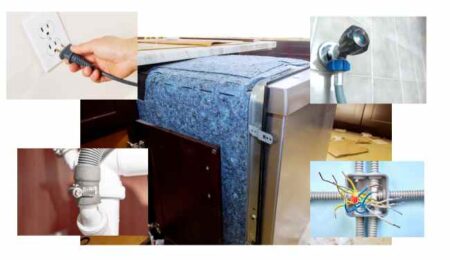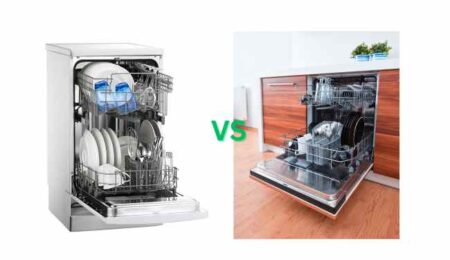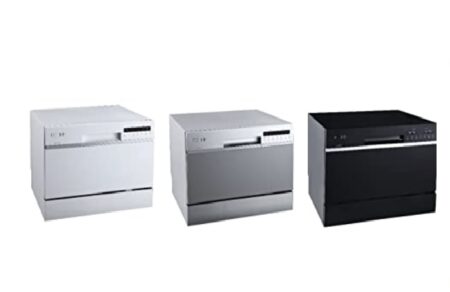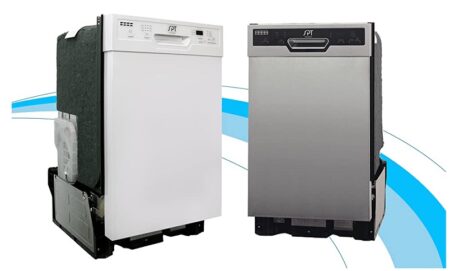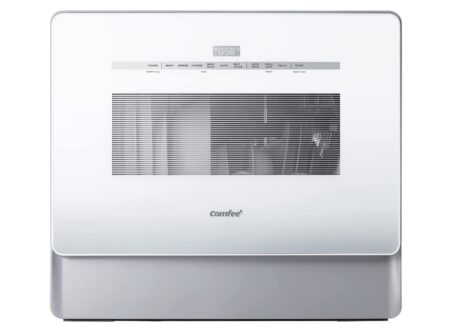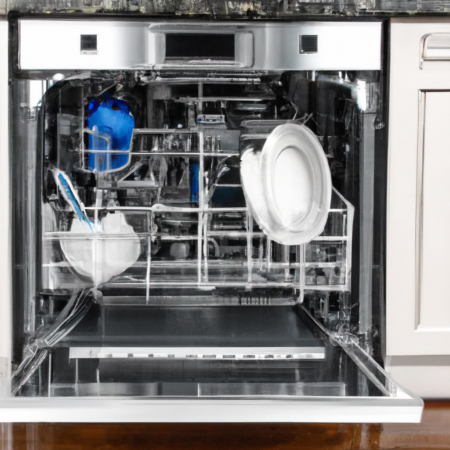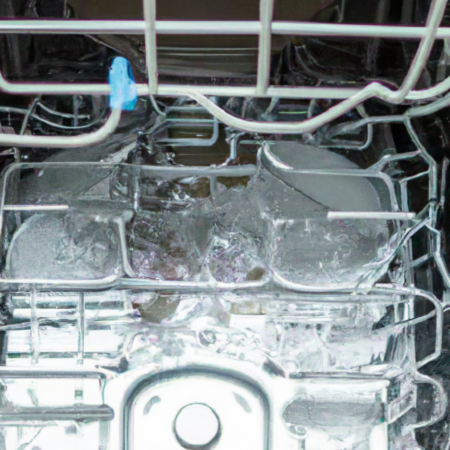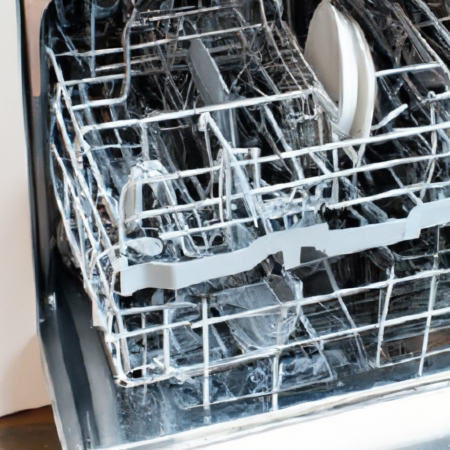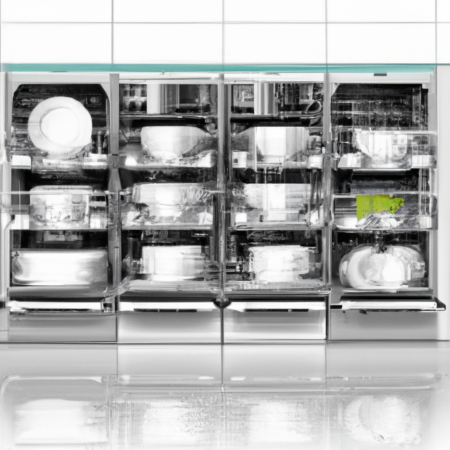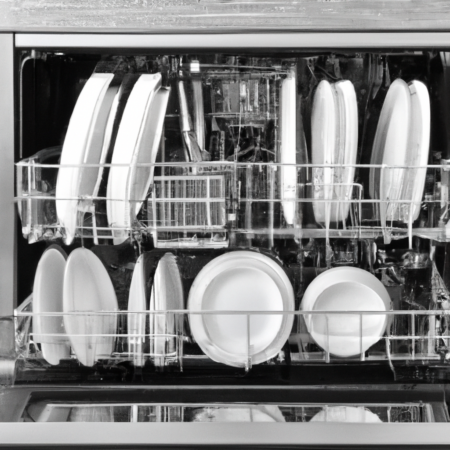Yes. According the National Electric Code (NEC), a dishwasher needs to be on a dedicated circuit. The one possible exception is connecting a garbage disposal to the same circuit. Since neither is considered continuous load appliances and rarely does both run at the same time, both dishwasher and disposal can be on the same circuit. Before adding a disposal to the dishwasher circuit, check your local building codes.
What is a breaker?
Before diving into the specifics, however, let’s first briefly discuss the purpose of a breaker in a home’s electrical system. A breaker is a safety device that is designed to interrupt the flow of electricity in the event of an electrical fault or overload. It is an essential component of a home’s electrical system, as it helps to prevent fires and other hazards that electrical issues can cause.
Breakers are typically located in a home’s main electrical panel, and they can be manually switched off or tripped if necessary.
Does a Dishwasher need a GFCI Breaker?
In addition to the requirement for a dedicated circuit, the NEC also specifies that the dishwasher circuit must be protected by a ground fault circuit interrupter (GFCI). A GFCI is a safety device that protects against electrical shocks by quickly interrupting the flow of electricity when it detects a ground fault or leakage current. The NEC requires that dishwashers be protected by a GFCI to help reduce the risk of electrical shocks to individuals who are using the appliance.
Does a Dishwasher Need a 15 or 20-amp Circuit?
A dishwasher requires a significant amount of electrical power to operate, as it has to heat water and run motors for washing and drying. As such, it’s important to ensure that the dishwasher is properly installed and has the necessary electrical protection.
The deciding factor of breaker size for a dishwasher is the size of the wire leading from the breaker box to the appliance. If the wire is 14 gauge copper, the largest breaker that you can use is a 15 amp breaker. This is because 14 gauge wire can only carry a maximum of 15 amps safely. If it carries any more than 15 amps for any period of time, it could cause a fire.
If the wire size is 12 gauge, the breaker can be up to 20 amps. Even though the number is smaller, 12 gauge wire is larger in diameter than 14 gauge wire.
You can put a 15 amp breaker on a circuit with 12 gauge wire. But, you cannot put a 20 amp breaker on a circuit with 14 gauge wire.
What Size Circuit Breaker Do I Need for a Dishwasher?
Typically, a dishwasher will use between 10 and 15 amps. When installing a dishwasher, be sure to match the wire size to the breaker. Again, 15 amp breaker for 14 gauge wire and 20 amp breaker for 12 gauge wire.
Since the dishwasher is exposed to water, be sure to use a GFCI breaker or outlet if you are plugging it into a receptacle.
Conclusion:
Breakers are safety devices that protect you and your property. Using the wrong size breaker can cause property damage, fire, injury or death. If you are unsure about installing a breaker or a dishwasher, call a professional.
How many amps does a dishwasher use?
Dishwashers typically use between 10 and 15 amps. You should size your breaker according to the wire coming from the breaker to the dishwasher.
What is dishwasher voltage for residential dishwashers?
Residential dishwashers typically operate on a voltage of 120 volts (V). This is the standard voltage for household electrical systems in the United States, and it is the voltage at which most appliances, including dishwashers, are designed to operate.
Can a dishwasher be on a 20 amp breaker?
Yes, it is possible for a dishwasher to be on a 20 amp breaker provided the wire coming from the breaker box to the dishwasher is at least 12 gauge.


